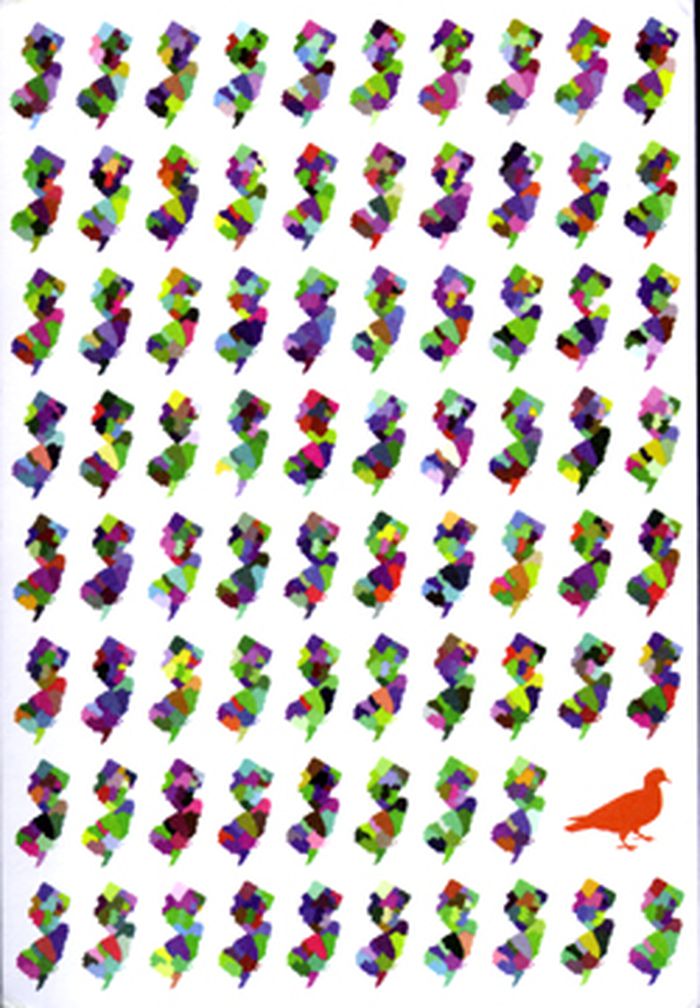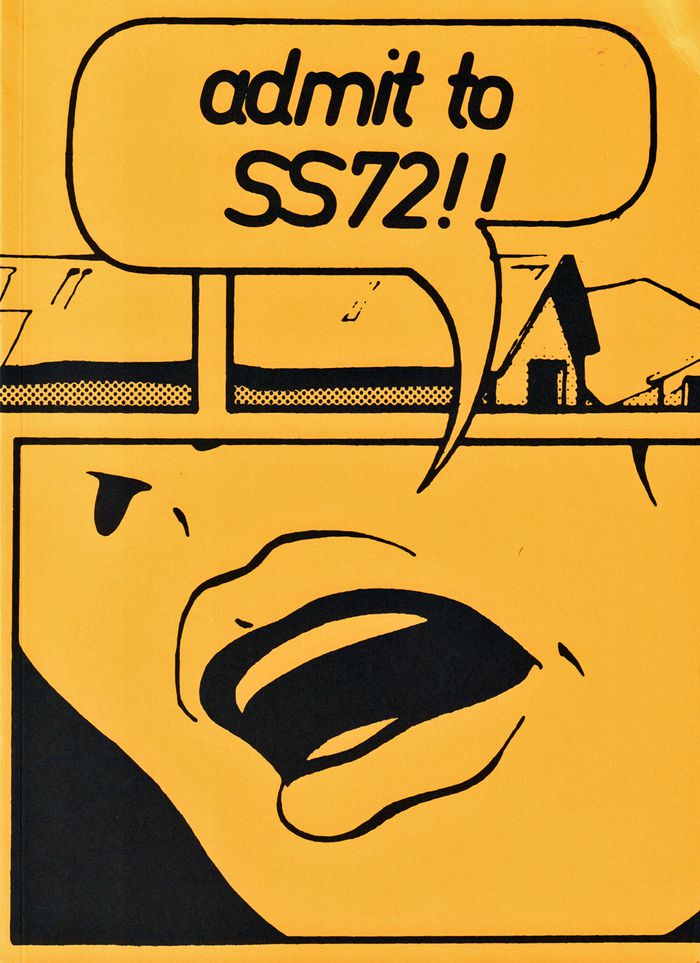Pidgin 6
$12.00
(disponible sur commande)
Résumé:
There is a vast amount of good work at the Princeton School of Architecture [SOA] that is unaccessible to our fellow students and the outside world. Student initiated and produced, Pidgin aims to capture and broadcast this work. A humble vessel for the transportation of urgent cargo. Pidgin is a way for ideas to escape the often hermetic confines of our computers,(...)
Revues
janvier 2009, Princeton, New Jersey
Pidgin 6
Actions:
Prix:
$12.00
(disponible sur commande)
Résumé:
There is a vast amount of good work at the Princeton School of Architecture [SOA] that is unaccessible to our fellow students and the outside world. Student initiated and produced, Pidgin aims to capture and broadcast this work. A humble vessel for the transportation of urgent cargo. Pidgin is a way for ideas to escape the often hermetic confines of our computers, desks, and buildings and find their way into the larger world. Pidgin features the work of students, faculty, staff, & friends of the SOA. Pidgin is not a brochure, it is a dispatch. We hope it finds you well.
Revues
$66.50
(disponible sur commande)
Résumé:
This book is the first to document the remarkable history of the International Institute of Design (IID), an independent school of architecture founded and directed by Alvin Boyarsky from 1970 – 72, and highlights a pivotal episode in the career of Boyarsky, best known for his subsequent role as chairman of the Architectural Association (1971 – 90). Launched in the wake(...)
In progress: the IID summer sessions
Actions:
Prix:
$66.50
(disponible sur commande)
Résumé:
This book is the first to document the remarkable history of the International Institute of Design (IID), an independent school of architecture founded and directed by Alvin Boyarsky from 1970 – 72, and highlights a pivotal episode in the career of Boyarsky, best known for his subsequent role as chairman of the Architectural Association (1971 – 90). Launched in the wake of the institutional upheavals that had swept schools of architecture during the late 1960s, the IID introduced an alternative model of architectural instruction: one that brought together a range of teaching methods, design strategies, theories and projects alongside an international assortment of protagonists. In Progress details this short-lived experiment through a trove of previously unpublished material, and reveals how three informal architectural gatherings, held over three successive summers, can be seen to have established not only a network of architects and discourses, but a new model for architectural education.
Architecture contemporaine

